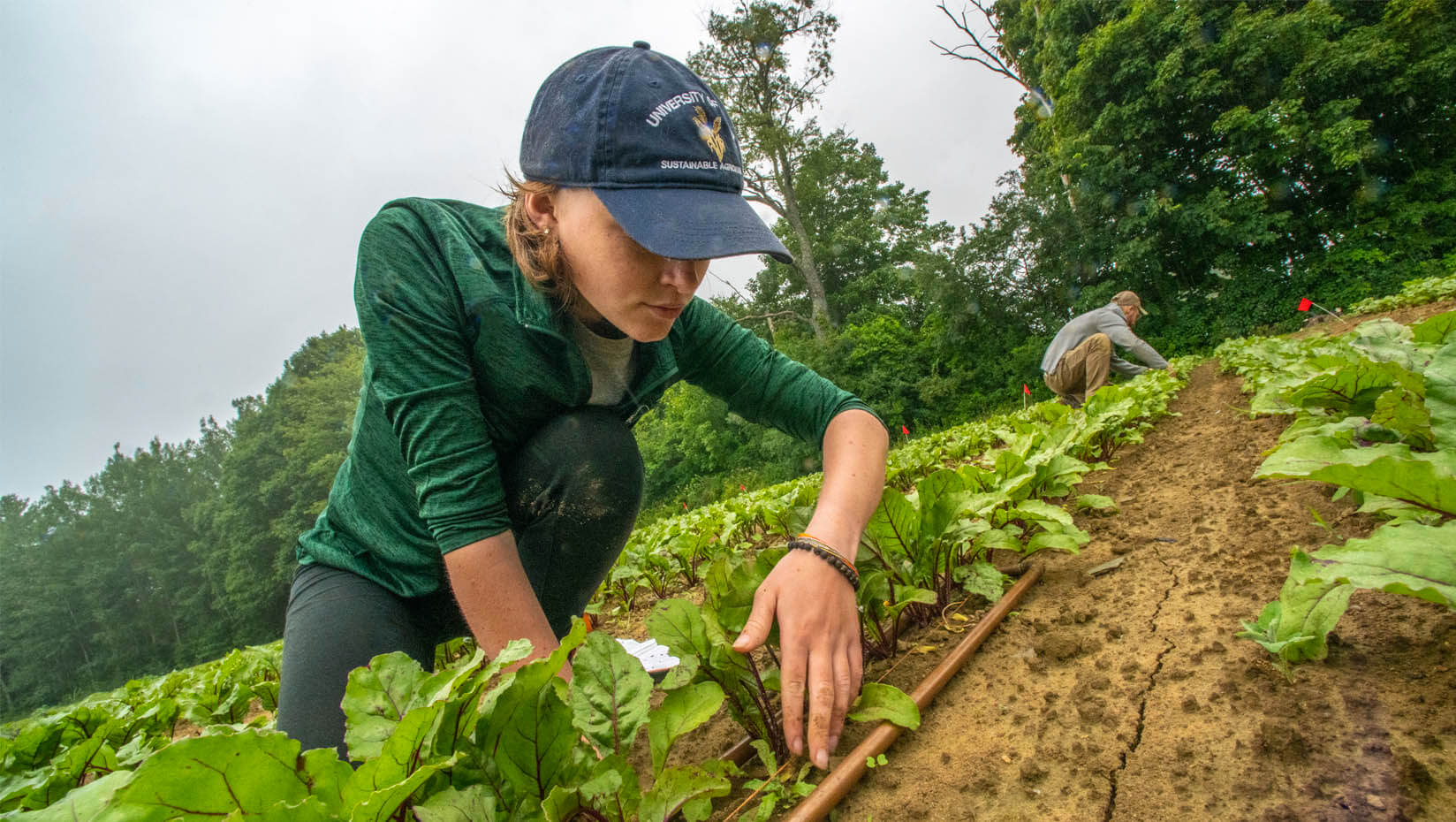
UMaine pilots affordable well design for farms
New England’s droughts in 2016, 2020 and 2022 offer a preview of farming amid a changing climate. This has caused farmers who rely on rainfall to seek more reliable water sources.
Rachel Schattman, assistant professor of sustainable agriculture at the University of Maine, is leading the study of a novel shallow well design that is 50% to 75% cheaper to dig than drilled wells.
Collaborators on the project include Joe Ayotte, who developed the well’s design, and Marcel Belaval, both of the U.S. Geological Survey’s New England Water Science Center, as well as the USDA Northeast Climate Hub.
The novel shallow wells are dug into glacial till, which is common throughout the Northeast. They offer lower operating costs than current alternatives. The team hopes to dig the wells across the region to test their ability to provide supplemental water to farms.
“If successful, this novel design will provide smaller farms and livestock operations an affordable water source that they can count on. Many wild blueberry farms would benefit from using irrigation, across all scales of operation.” Schattman says.
Schattman’s Agroecology Lab, which is part of the Maine Agricultural and Forest Experiment Station, advances research to improve farm resilience in a changing climate while protecting natural resources.
The latest milestone in Schattman’s ongoing partnership with the Climate Hub will be to test the design at UMaine’s forthcoming Wyman’s Wild Blueberry Research and Innovation Center in Old Town. The shallow well at the center will be the second in the study. The first was established in 2021 at Hart Farm, a mixed vegetable and livestock farm in Holden, Maine.
“The novel shallow well has given us a reliable high volume water source with an impressive recharge rate to hang our hat on even through a drought year,” says Andrew Toothaker of Hart Farm.
The well at the Wyman’s Center will irrigate three acres of wild blueberries. The research plots will offer control of moisture, temperature and genotype of the wild crop. This will help UMaine scientists study crop-environment interactions with precision. The detailed and controlled research at the Wyman’s Center will complement commercial-level study at Blueberry Hill Farm in Jonesboro, the only dedicated wild blueberry research facility in the country.
A request from Sens. Susan Collins and Angus King for $3 million in federal FY23 funding to modernize Blueberry Hill Farm is pending in Congress, and would support irrigation demonstrations at the farm, as well as help Maine’s wild blueberry farms and businesses diversify into value-added production and explore efficiencies in harvesting and processing.
Farmers interested in digging a shallow well and sharing data should contact Schattman at rachel.schattman@maine.edu.
Contact: Erin Miller, erin.miller@maine.edu
